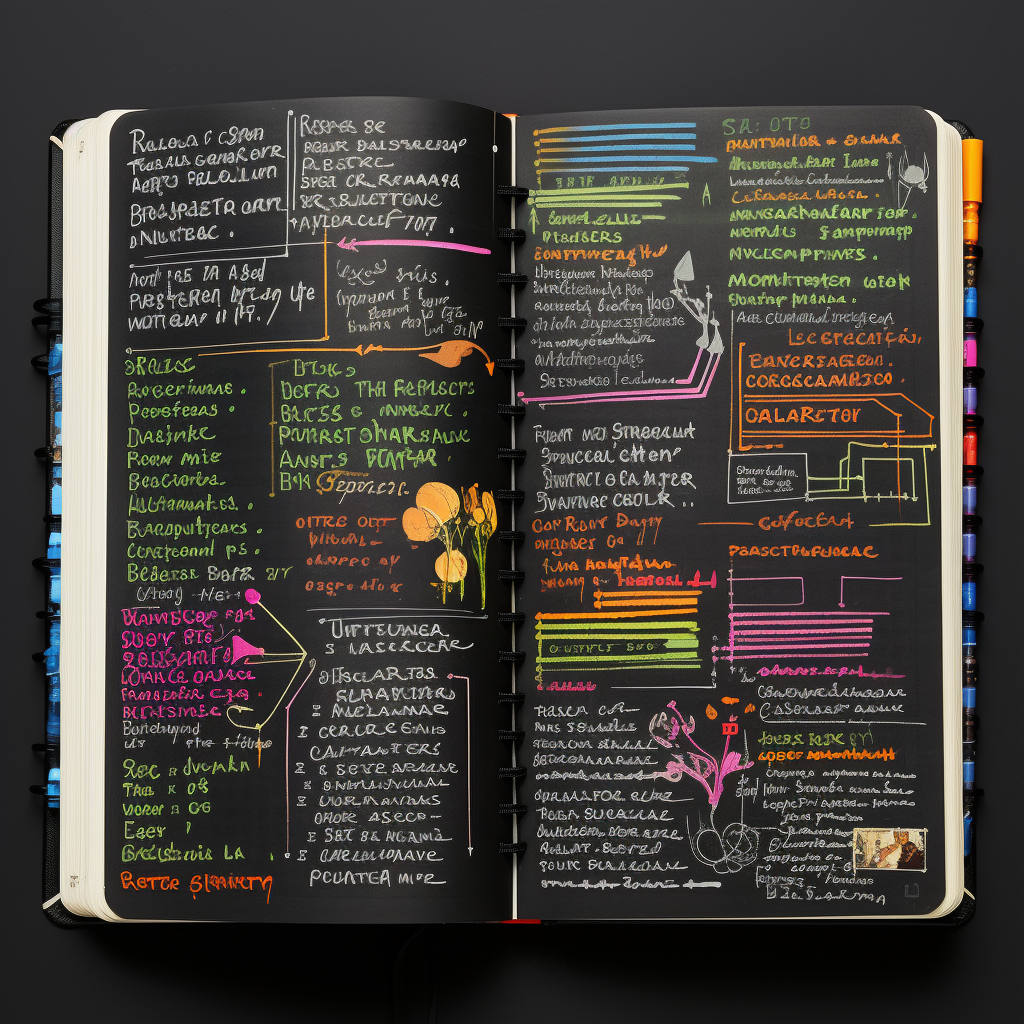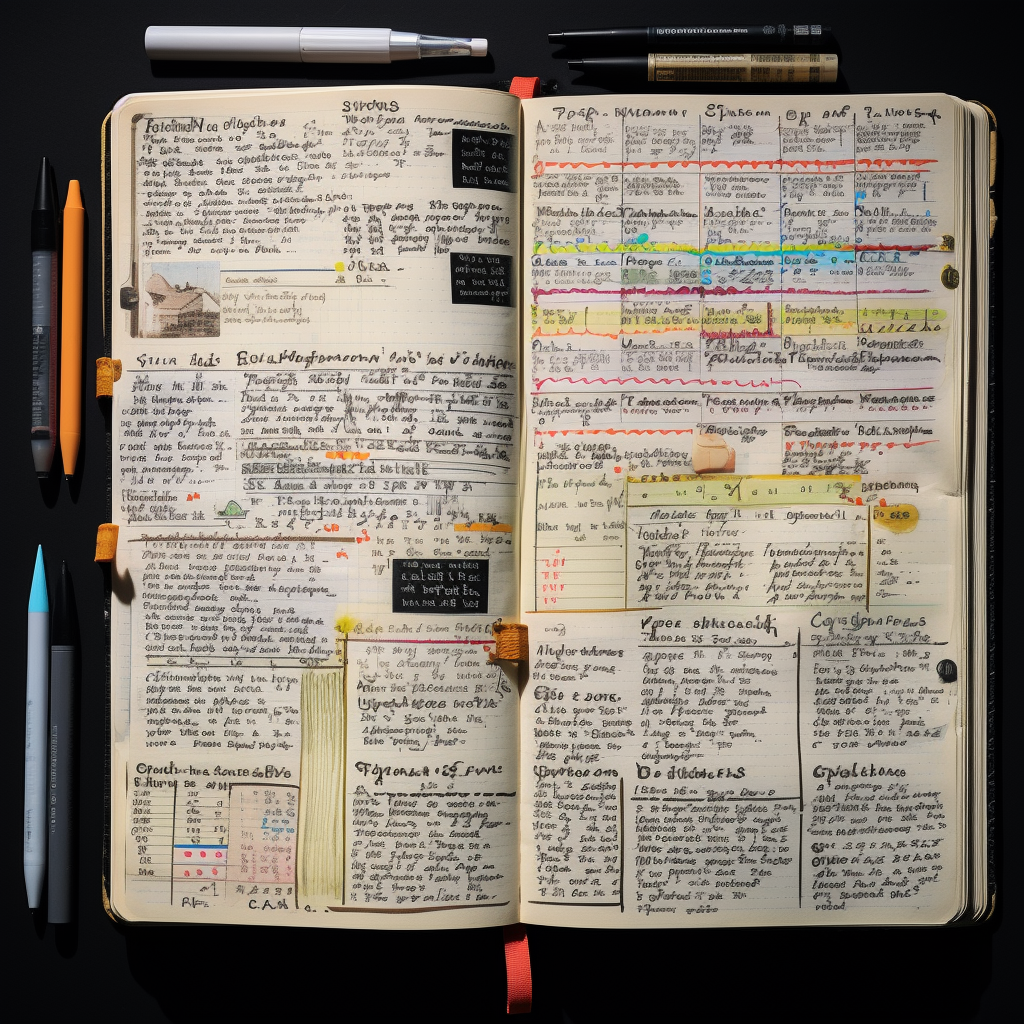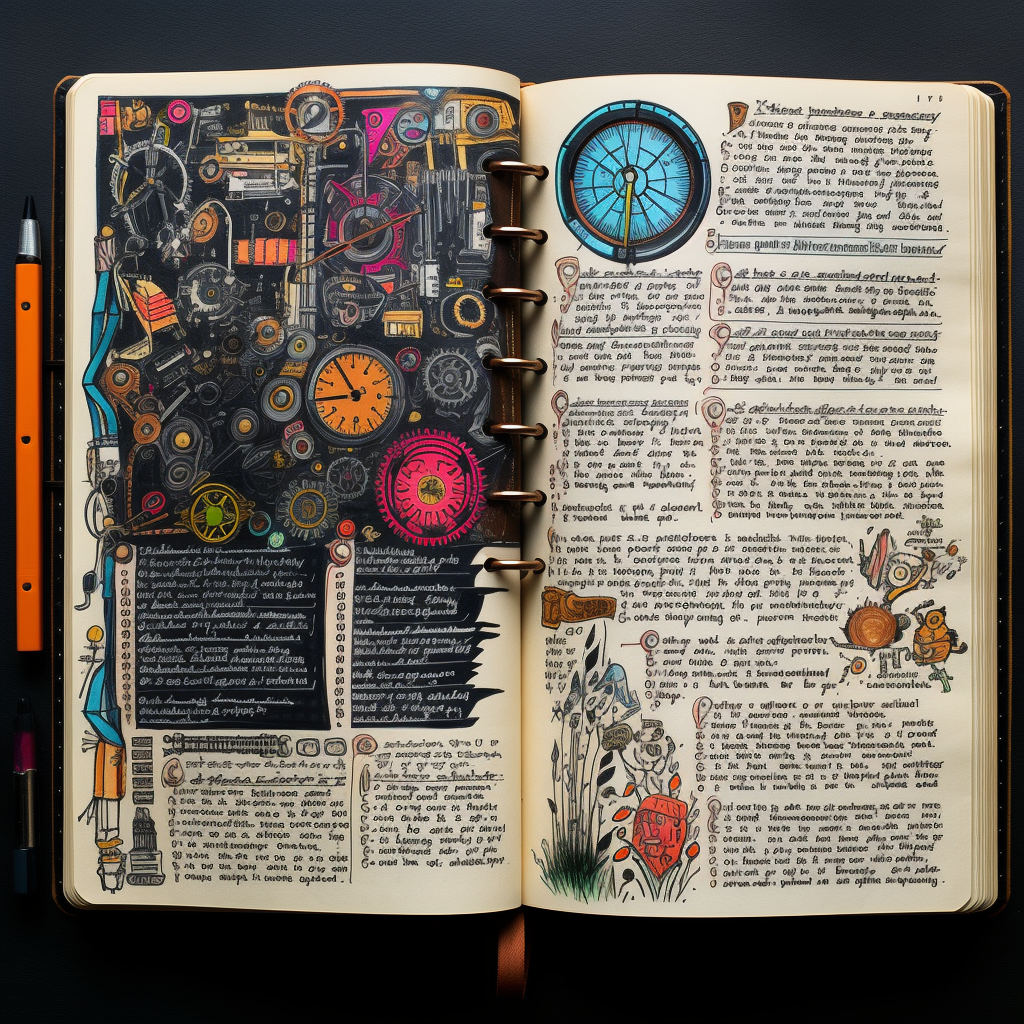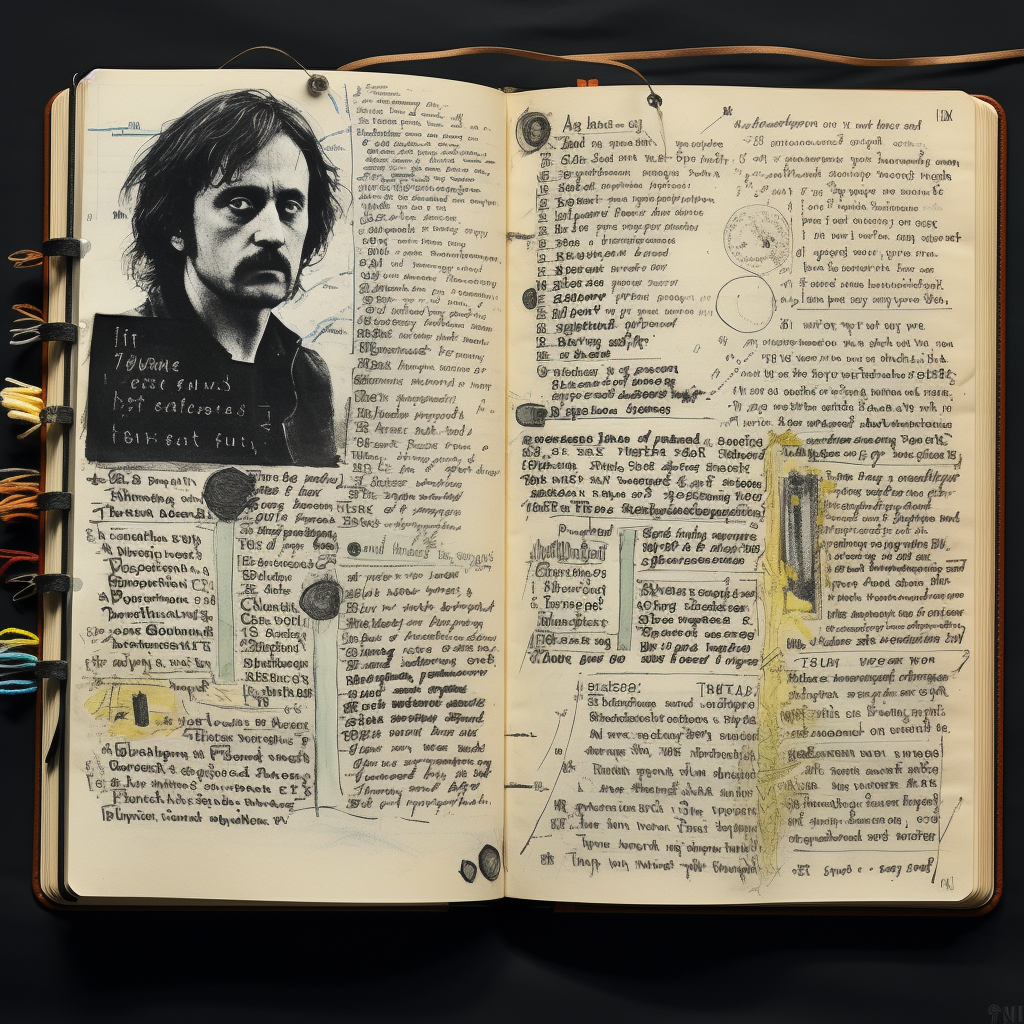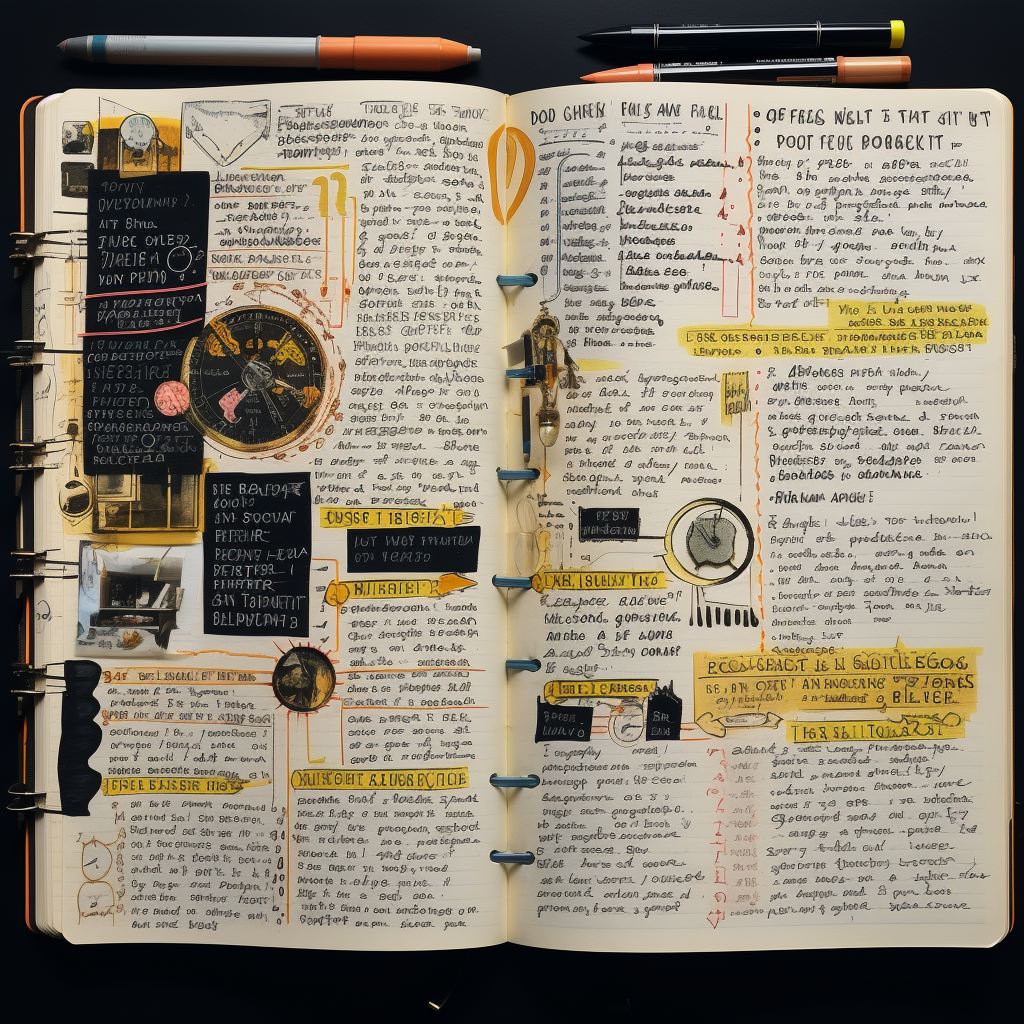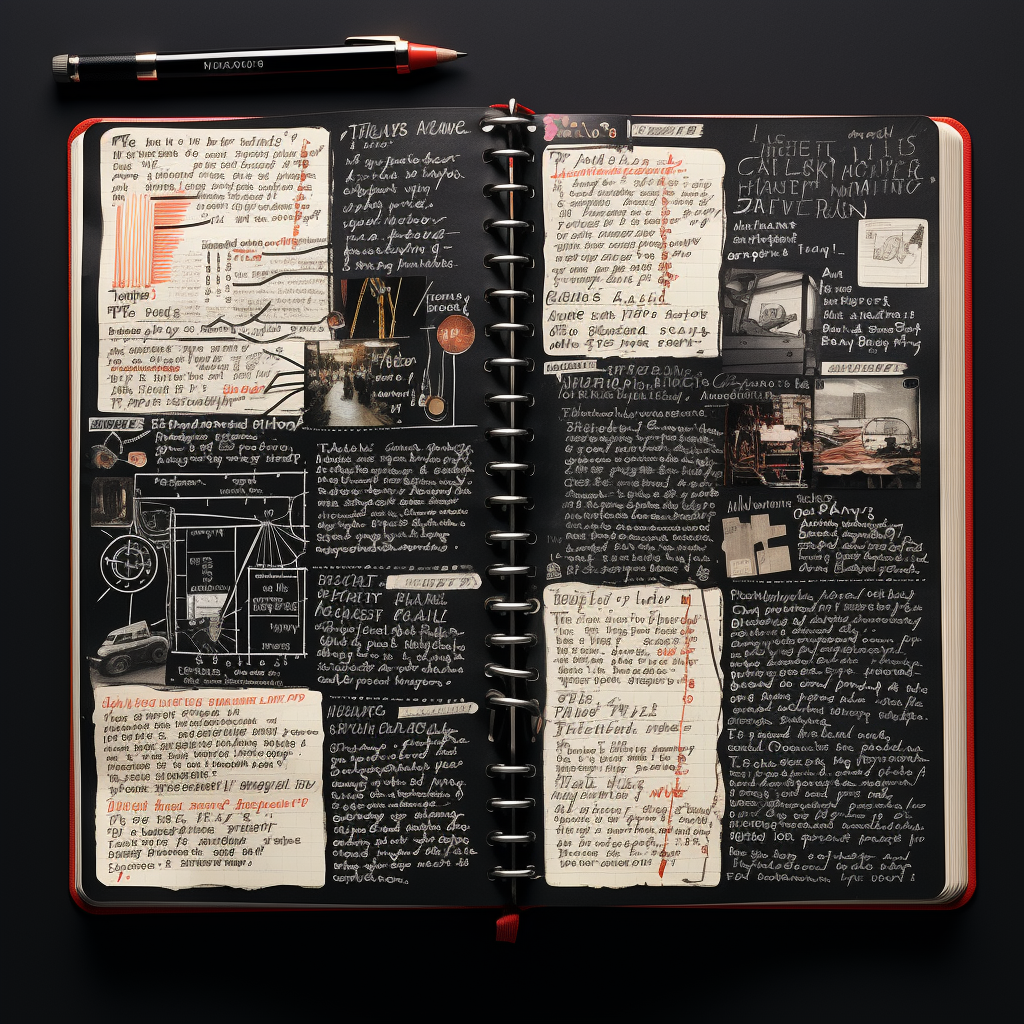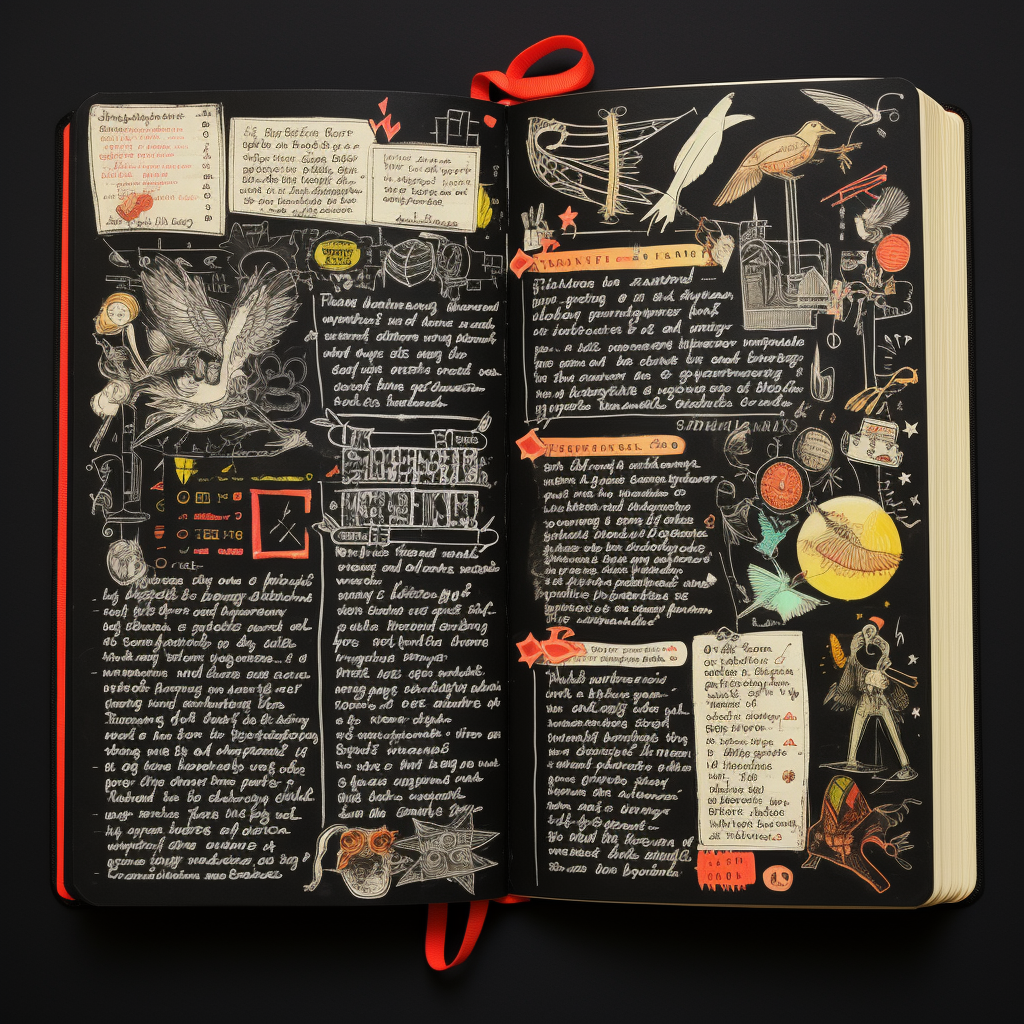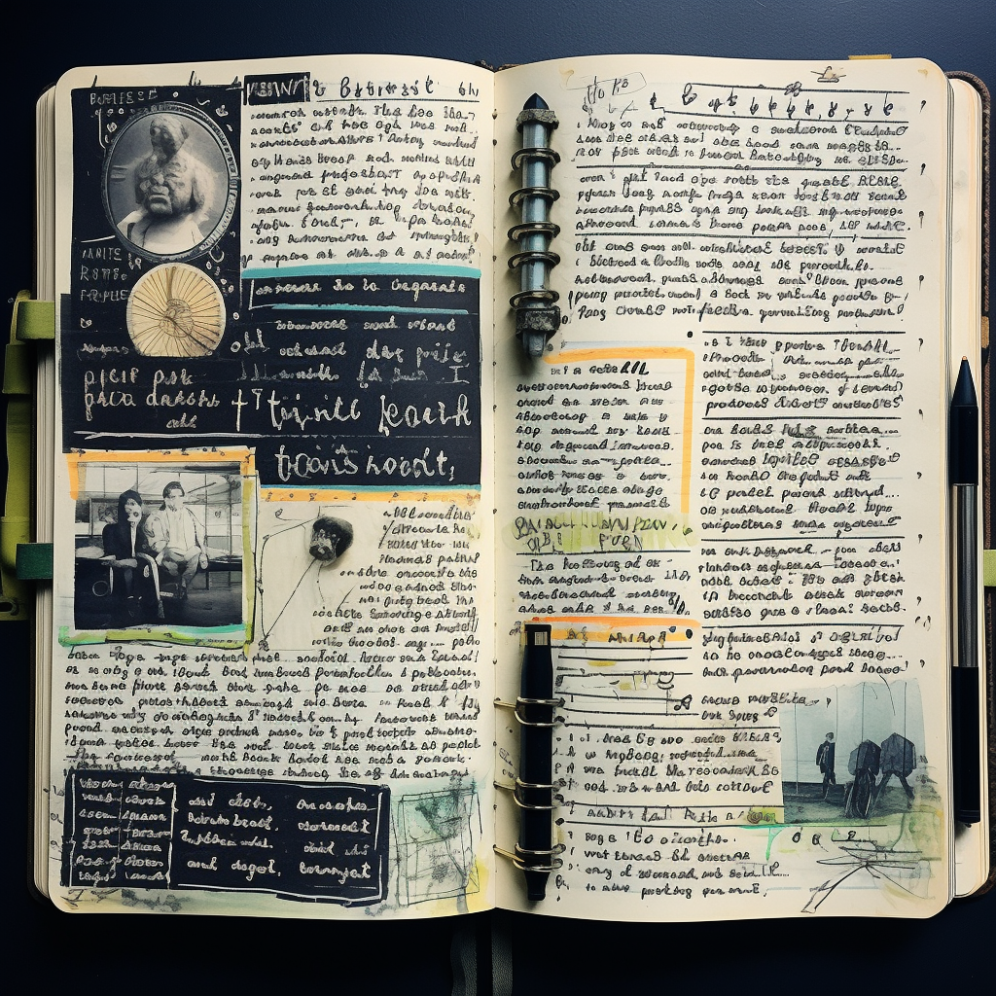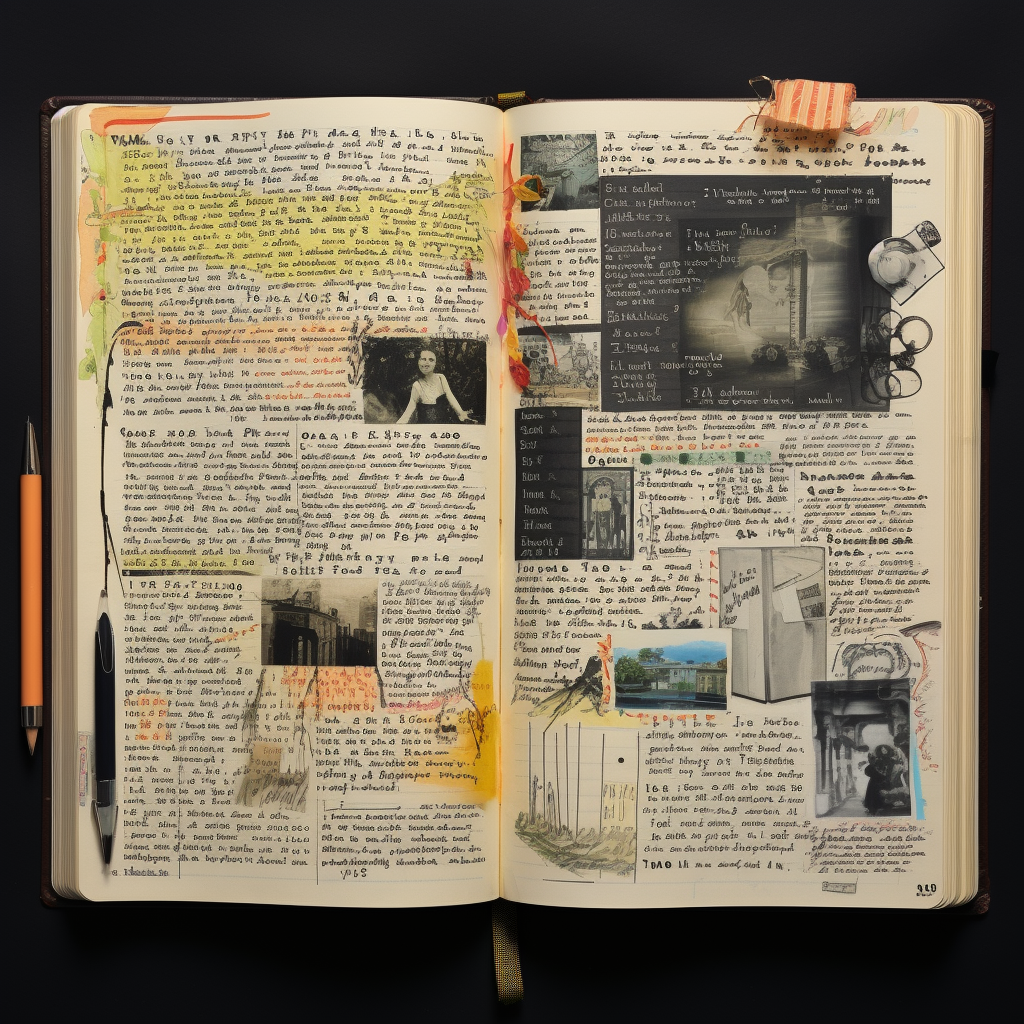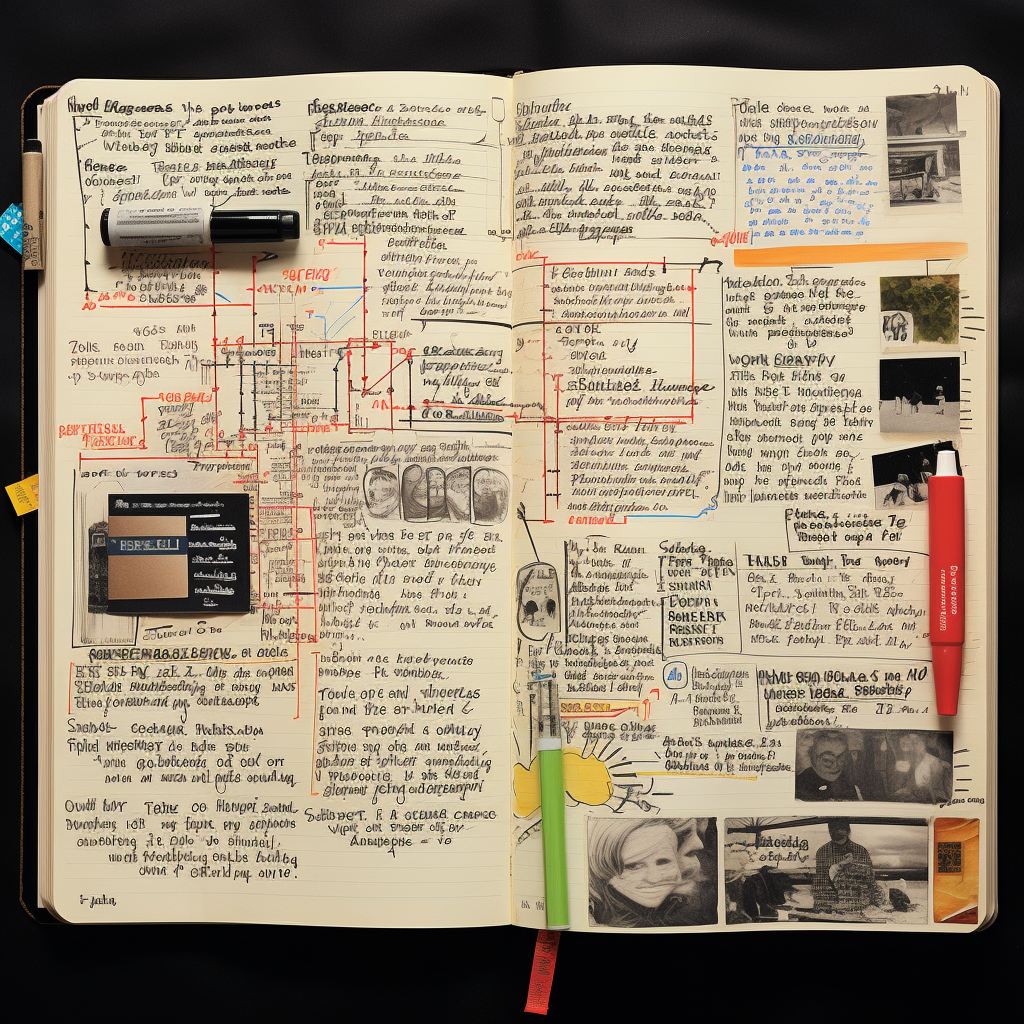Reflection: Knowledge Domains
In much of my professional writing as part of the NBC newsroom, I’m required to lean heavily into the subject and domain expertise of declarative knowledge, and the procedural knowledge of coaching others to the tasks of the day. In my role as a people manager, I’m in an authoritative position of helping to shape strategy, and responsible for crisp, confident answers to the questions of prioritization and resource investment. Essentially I am there to make sure we are all working on the right things, for the right people, with the right outcomes. This is particularly acute at the moment with several concurrent high-profile news events, and especially in the work we’re involved in ahead of the 2024 presidential election.
In this environment, kairos and the conditional knowing of when and where to leverage my declarative and procedural knowledge becomes paramount, but also deeply challenging. The newsroom runs on the oil of immediacy. Of breaking news and live coverage. Of making sure the news is as timely and accurate as possible. In my efforts to share comprehensive guidance and insight, I can sometimes misjudge the intensity of the degree of conditional knowledge required of the situation, and over-do it. In an effort to provide value, I can simply say too much, and especially with the more junior members of the team, it is critical that they are afforded the time and space to make their own mistakes, free of the overtly intense coaching I may want to give them, informed by my making the same mistakes in the past. So it’s not just my own learning challenge that’s at work here, it’s also fostering a more intentional environment where through my own awareness, I can improve the knowledge and learning of those around me at the same time. This can be a very delicate balance to strike, but it’s one I think about a lot. I don’t often get there, but I know what success looks like. The most intensely rewarding moments in this are when the other person grows beyond what I can give them.
Balanced with this is the extracurricular desire to write more deliberately and consistently outside of the continual typing I do all day at work. In my opening self-reflection I wrote “I write in noise and chaos during the day, and the stillness and silence of home at night. Work writing is depletive, taking more than it gives. Academic and personal writing is literally life-giving and restorative.” This still feels like an accurate articulation of how I feel. The discipline of academic writing has been wonderful, especially coupled with the independent writing I do in my work with some of Penn’s clubs, but it is still task-oriented. It is still assignment and deadline, which is working well, but it’s not been habit-forming as a writer. This is the challenge for me as a writer. To both improve on my actual craft of writing, to improve what I write. But also to improve how I write, and perhaps even when I write. I recently read Jerry Seinfeld’s thoughts on building this as a more consistent practice, which resonated with me:
”I believe in having a structured approach. My philosophy is that I can sit down at any time with a problem, and if I sit there and don't allow my mind to have distractions - no phone, no music, no television - my mind will eventually start to work on it on its own. It's like a biosphere situation. I isolate myself - 'cause this is my 'sit' time.”
The idea here is that you don’t have to write, but you do have to sit there, be ‘in’ the work, and do this every day. That’s also the challenge posed simply by modern life. I’m a dad, a husband, a student, and a principal in one of the biggest newsrooms in the world. As Taylor Swift might note, I have a lot going on right now. However, I know what I want and am determined to get there. My goal is that by the end of this class I will be further along the road of being able to actually do this than I am today, and I could not be more excited about the journey of discovery ahead.






















